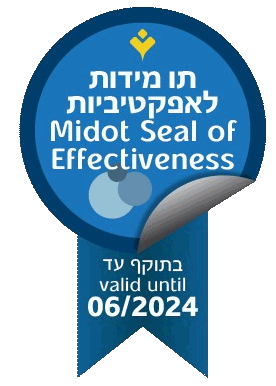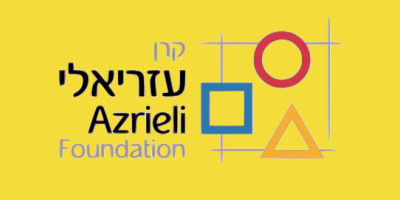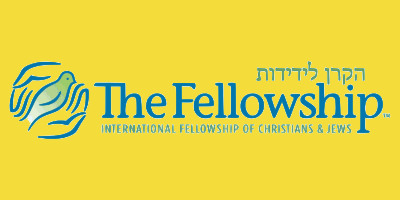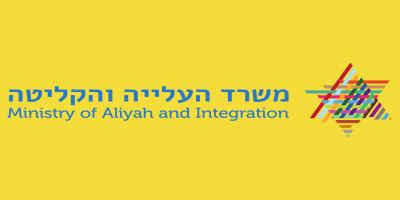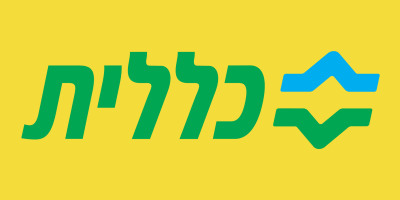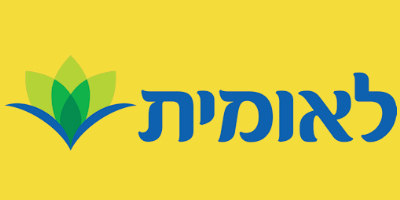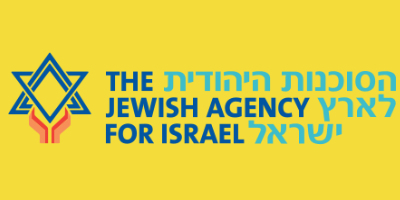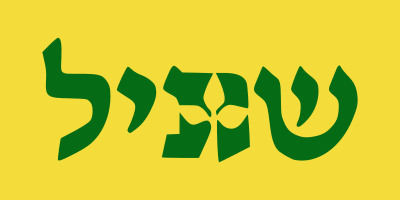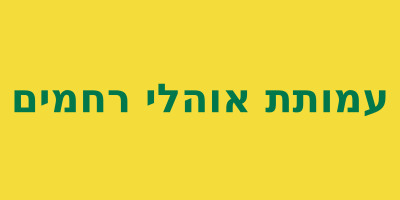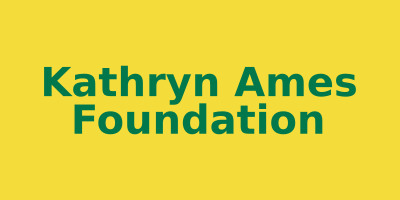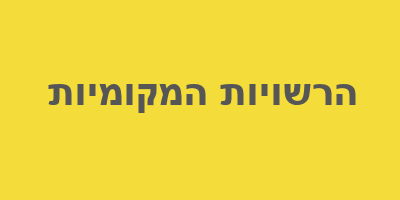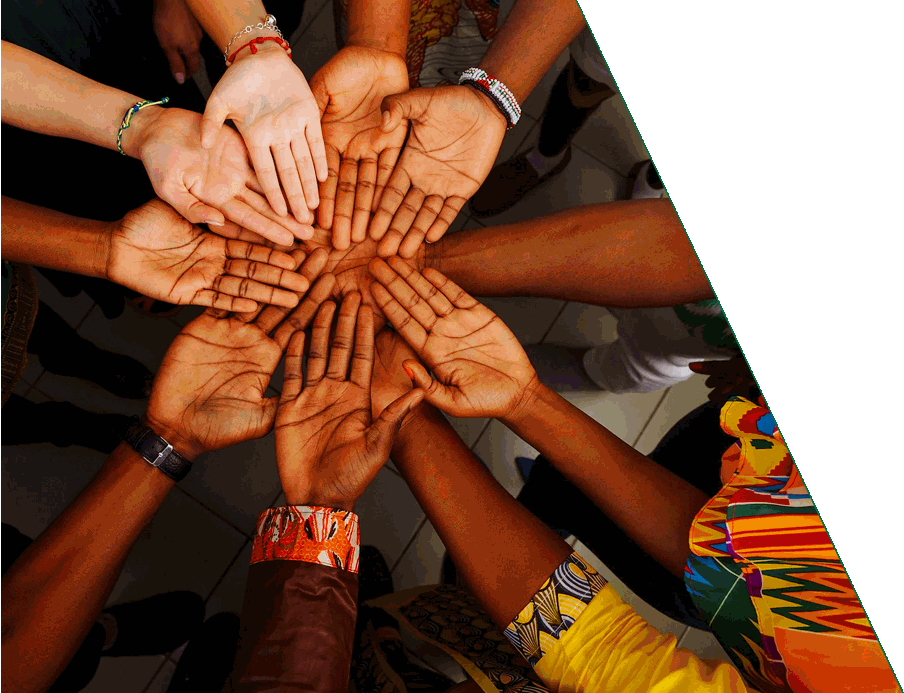
Medical interpreter service for Ethiopian-Israeli patients and their healthcare providers
Call: 04-6331877
Sun-Fri 08 - 13; Sun,Tue,Thu 16 - 19
Ethiopian immigrants have to deal not only with language difficulties, but with a very different reality from that familiar to them in Ethiopia.
Many older immigrants have a limited Hebrew proficiency, and often their perception of medical conditions dramatically differs from that of their doctor. They tend to describe pain through different idioms, and their cultural beliefs on what causes illness and the role of the healer are alien to most Israeli doctors. Medical encounters between doctors and Ethiopian immigrant patients are therefore marred with misunderstandings, misconceptions and often distrust. Consequently, Ethiopian immigrants do not receive the medical advice they should be getting, they may feel helpless, and are often unable to adopt important medical recommendations. Doctors in turn, are frustrated as well, feeling they are unable to provide their patients with appropriate care.
International research has shown that language difficulties and cultural differences between the patient and medical staff can lead to unnecessary medical procedures, affect the efficacy of the treatment and the patient's compliance with instructions, and can even be harmful to the patient. Research in Israel comparing medical treatment received by different population reveals that Ethiopian immigrant patients did not receive the same level of health services as patients from other populations, nor did they carry out the prescribed follow-up tests. Further, less than 50% of the Ethiopian patients understood the medical staff, compared with 92% of the general population. These communication gaps are not only a costly economic burden on the health services, but they also present a real health risk to language minority patients.
Although telephone interpreting services have been used abroad for many years, Kol Labriut is the first of its kind in Israel, operating since 2007. The service is provided free of charge.
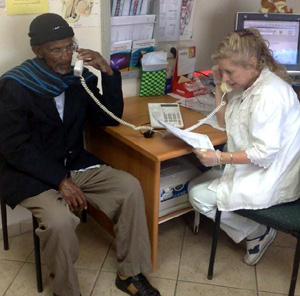 System Operation
System Operation
The professionally trained interpreters work out of Tene Briut's Hadera office in central Israel, using sophisticated computerized recording and data control systems for evaluation and back-up information. In health care clinics, the doctor / nurse has a phone adapted with 2 handsets, so that the patient, doctor and interpreter are on the call simultaneously making the process transparent to all involved. Translation requires the consent of the patient who remains anonymous to the interpreter, ensuring patient confidentiality. The service conforms to the international code of ethics for medical interpreters.
As of 2011 the service is available in over 120 health care clinics, hospitals, mother and baby clinics, mental health institutions, as well as the MADA 101 emergency call service.
The service goals are:
· To provide a real-time, nation-wide solution for communication problems between care providers (e.g. physicians, nurses, pharmacists, social workers, psychiatrists) and their Amharic-speaking patients.
· To provide Ethiopian Israelis with the means to express their concerns, ask questions, and be able to give informed consent to medical procedures.
· To improve access and proper utilization of available health services by the community, especially for older patients.
· To help save unnecessary health expenditure as a result of miscommunication
Monitoring and Evaluation
Research and evaluation are an essential component of the interpreting service, allowing for improvements and expansion. Call monitoring is performed on a random sample to evaluate the quality of service, and the computerized system provides ongoing quantitative data analysis of the system operation. Regular feedback on patient/doctor satisfaction is also collected.
Advocacy and Civil Rights
The Patients' Rights Act (Israel 1996) lays down the right of the patient to receive all information regarding his or her diagnosis, and the proposed treatment together with the prognosis and risks involved.
Tene Briut strives to promote the rights of the Ethiopian-Israeli community in the health care arena. As a result of many years of advocating the need for cultural competence in the delivery of healthcare services, we are witnessing change in the Israeli system. One of the major HMOs has implemented their own Arabic/Russian interpreter service, modeled on Kol Labriut; and the Government has recently issued a directive to healthcare organizations laying down a timeframe for making interpreter services mandatory in all healthcare clinics and hospitals.

